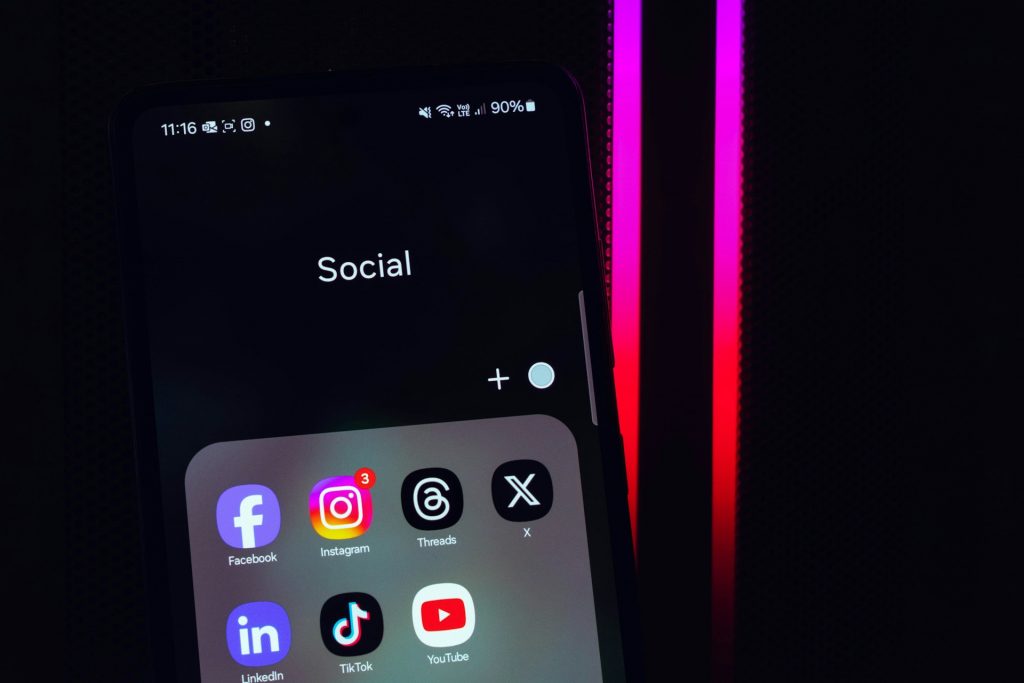Increasingly, internet users are going directly to ChatGPT to find answers to their questions rather than surfing the internet and consulting thematic websites or blogs. In a way, the OpenAI platform is then undercutting content creators by not referring to them, very little, or very poorly in its responses. Should this be a cause for concern?
Of course, the phenomenon is not new. For a long time, Google’s search engine has had the unfortunate habit of extracting answers gleaned from websites and providing them for consultation without the internet user needing to visit the website that provides the answer. However, ChatPGT takes this process to another level, as it provides “inspired” responses from the web but erases the sources in the algorithmic process.
This may be worrying for those who monetize clicks on their website, admits Frédéric Bastien Forrest, digital strategist. It remains to be seen if OpenAI is truly cannibalizing Google’s search engine, to what percentage, and for how long. Eventually, the most innovative content creators will find a way to do SEO in ChatGPT.”
Web developer Éric Senterre hopes that the main players in generative AI will make room for referencing:
“It’s certain that there will probably be fewer consultations of sites with certain contents,” he says. However, I believe that the main platforms will follow the example of Microsoft CoPilot and cite their sources. This could bring some traffic, even if we can no longer navigate through pages and pages of results. Only the most relevant (hopefully) will stand out.”
Jean-Luc Trussart, multimedia integration teacher, reminds us that there are still many unknowns in the equation:
“The impact will surely depend on the long-term business model of generative AI: will platforms like ChatGPT and Gemini offer a subscription, advertising, etc…?”
For Annik Perron, communication consultant, the case is already closed:
“The AIs (ChatGPT, Gemini, and company) will end up adopting a referencing formula similar to that of the GAFA. For me, it’s clear and straightforward.”
Doubts about ChatGPT’s effectiveness as a search engine
Overall, the web professionals consulted for the article shared a skepticism towards the scenario of a generative AI becoming a search engine for the general public.
“I have yet to be impressed by the results produced by AI, whether it’s ChatGPT or Gemini,” says Pascal Côté, founder of Transparence Marketing and SEO specialist. In the end, the AI gives you what you ask for; and in some cases, omitting reliable or quality data. Despite giving it data models and rules to follow, there will always be the famous “hallucinations” that will eventually occur. It is not a tool that has – for the moment – a very developed logical engine.”
For Mélanie Lavigueur, content creator optimized with AI, the dimension of “entertainment” is missing to make ChatGPT a search engine:
“We will all have to adapt, and no, it doesn’t scare me! Already, Generation Z no longer ‘Googles,’ it searches on Instagram and TikTok. Companies struggle to turn around and adapt. Yes, it’s becoming easier to centralize information with AI. But I don’t think people will learn to cook on ChatGPT. Generally, we prefer to learn while being entertained. And AI is not good at that, entertaining. Where it becomes interesting is when content creators manage to use AI to their advantage to create more content, while keeping their essence.”
Writer Alexandra Martel, author of a white paper on generative AI, hopes to convince people of the limitations of this search tool.
“The more people are educated about the absurd errors that LLMs can make, the more they will develop the reflex to verify the information given by an AI. Eventually, I think that the notion of authorship of a text will become more important, both in SEO and in the eyes of people in general. We will want to know who takes ‘responsibility’ for the truth and quality of the information shared.”
This would indeed be desirable. At the rate at which new generative AI platforms are evolving, we will have the answer to questions of visibility and truthfulness of content… soon enough!




